It’s not uncommon for people to suffer from both a mental illness and a substance abuse problem. It’s essential to be aware of the possibility of a dual diagnosis and seek professional help. Red Oak Recovery® offers a dual diagnosis treatment center in Asheville, which has prepared facilities and programs waiting for you. Call 866.457.7590 and get the help you or your loved one needs today.
What Is a Dual Diagnosis?
If you or someone you know is suffering from addiction, it’s important to ask yourself, what is a dual diagnosis? A dual diagnosis occurs when someone experiences a mental illness and a substance use disorder simultaneously. These disorders can interact with each other and make each other worse. It’s essential to seek professional help if you think you may be suffering from different common dual diagnoses because it’s a complex condition that requires comprehensive treatment.
Dual Diagnosis Signs
Some dual diagnosis signs may indicate someone is experiencing this condition, such as:
- Isolating oneself from friends and family
- Suffering from depression or anxiety
- Acting out in aggression or violence
- Engaging in risky behaviors
- Increasing alcohol or drug use to cope with mental health symptoms
- Experiencing blackouts or memory loss
- Suffering from chronic pain
Common Types of Dual Diagnosis
There are many different combinations of mental illness and substance use disorders, but some of the most common types of dual diagnosis include:
1. Post-Traumatic Stress Disorder (PTSD) and Opioid Addiction
PTSD is a mental illness that can develop after someone has experienced or witnessed a traumatic event, such as:
- Natural disasters
- Car accidents
- Military combat
- Assault
- Abuse
Unfortunately, people who have PTSD may self-medicate with opioids in an attempt to numb their memories of a traumatic event. This is a common dual diagnosis, and breaking this cycle can be difficult, but it’s essential to seek professional help.
2. Depression and Stimulant Abuse
Depression is a mental illness characterized by feelings of sadness, worthlessness, and hopelessness. Stimulant abuse is the misuse of drugs that increase energy and alertness, such as cocaine, methamphetamine, and amphetamines like Adderall. People who suffer from depression may abuse stimulants to feel better. However, this can lead to a dangerous cycle of misuse and addiction.
3. Anxiety and Alcohol Abuse
Anxiety is a mental illness characterized by feelings of worry, nervousness, and fear. Alcoholism is a chronic and progressive disease characterized by a strong craving for alcohol and the inability to control one’s drinking. These two conditions often happen together because people who are depressed may self-medicate with alcohol to numb their negative emotions. Additionally, alcohol can worsen the symptoms of anxiety, creating a vicious cycle.
4. Attention-Deficit Hyperactivity Disorder (ADHD) and Meth Abuse
It is common for people who have ADHD to also suffer from a substance use disorder. ADHD is a mental illness characterized by impulsivity, hyperactivity, and difficulty paying attention. Crystal meth is a powerful and addictive stimulant drug that people with ADHD often abuse. Crystal meth abuse can lead to a number of serious health problems, such as heart problems, psychosis, and stroke.
People with ADHD may be more likely to abuse meth because they are seeking a way to improve their focus and concentration. However, meth can have dangerous and long-lasting effects, so it’s important to seek professional help if you struggle with this disorder.
5. Bipolar Disorder and Marijuana
Bipolar disorder is a mental illness that is characterized by extreme mood swings, from manic episodes of energy and activity to periods of depression. Marijuana is a drug that is often used to self-medicate by people with bipolar disorder. However, marijuana can enhance the episodes of mania, which can lead to risky behaviors. Additionally, marijuana can worsen the symptoms of this disorder.
Find Dual Diagnosis Treatment at Red Oak Recovery®
It is essential to know and understand what a dual diagnosis is, as well as dual diagnosis signs, types, and treatments. At Red Oak Recovery®, we offer comprehensive treatment for different common types of dual diagnosis. Our dual diagnosis treatment program can help you heal from both your mental illness and your addiction. We offer a variety of treatment methods, and our goal is to help you recover from your addiction and mental illness and live a happy and healthy life. If you or someone you know is suffering from a dual diagnosis, don’t hesitate to reach out for help. Contact us today at 866.457.7590 about our dual diagnosis treatment program.









